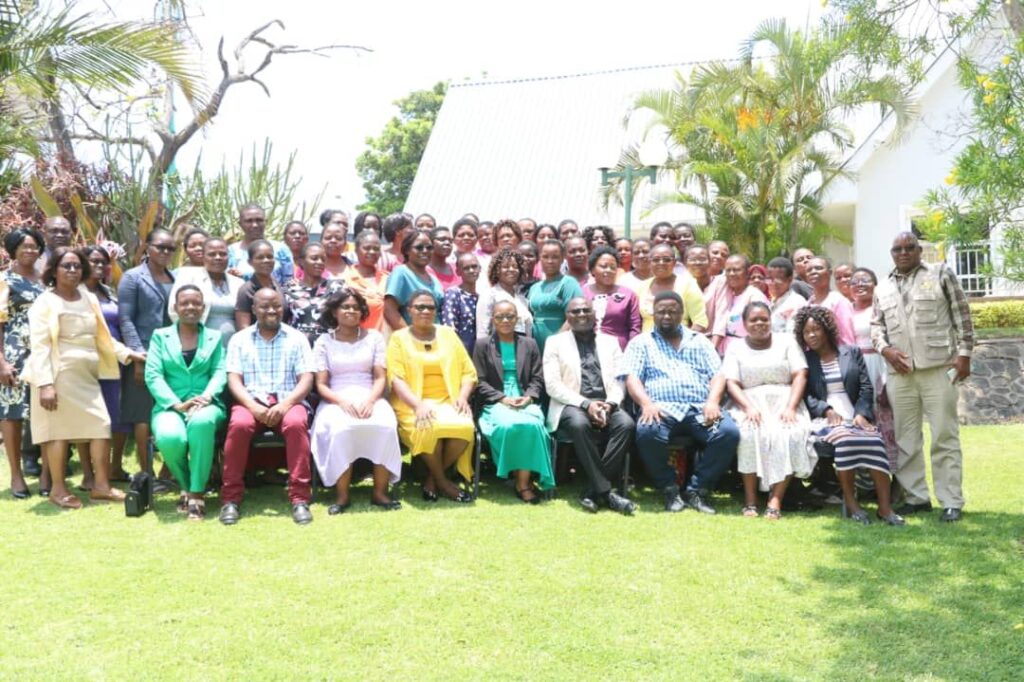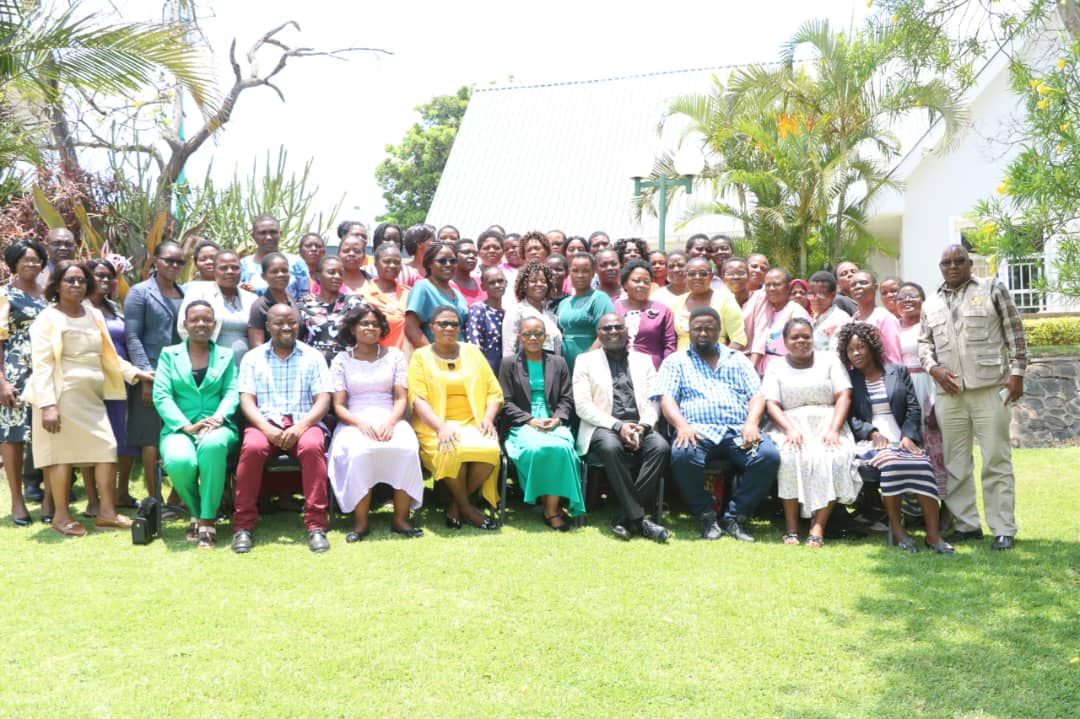By Elywin Chighali Mhango
The Ministry of Education has launched Batch 17 of the School Leadership Training Programme (SLP) at the Malawi Sun Hotel in Blantyre, gathering 187 school leaders from across the nation to enhance their leadership skills and improve educational outcomes. The event, held today, aims to reinforce the objectives of the Malawi Education Reform Programme (MERP).
Dr. Rachel Chimbwete Phiri, Principal Secretary for Basic Education, highlighted the significance of the SLP in improving the learning environment for lower primary students in government schools. “The main objective of MERP is to improve the learning environment for students in lower primary across all government schools,” she stated during the opening ceremony.

The training initiative aspires to reach a total of 10,200 school leaders from all 34 education districts in Malawi, which includes training 7,800 headteachers and deputy headteachers, alongside 2,000 female section heads and 400 primary education advisors and inspectors.
Since its inception in November 2022, the SLP has successfully trained 10,165 school leaders across 16 batches. Among these, 7,613 were headteachers and deputy headteachers, leaving a target of 187 to be addressed in this latest batch. Notably, the programme has surpassed its goal for female section heads, training 2,279 participants compared to the initial target of 2,000.
In a bid to promote gender equity in leadership positions, Batch 17 includes a significant number of female headteachers and deputy headteachers from various districts including Chitipa, Karonga, Mzimba South and North, Nkhata Bay, Blantyre Urban and Rural, Chikwawa, Mwanza, and Nsanje.
The training sessions are being held at multiple locations, including the Malawi Sun Hotel, AAUCHA Lodge in Mzuzu, and St Kizito Conference Centre in Chitipa, fostering inclusive and accessible training opportunities for all participants.
Dr. Chimbwete outlined key objectives for the SLP, which are aimed at promoting positive and inclusive school cultures conducive to the needs of vulnerable children, as well as improving teachers’ morale.



